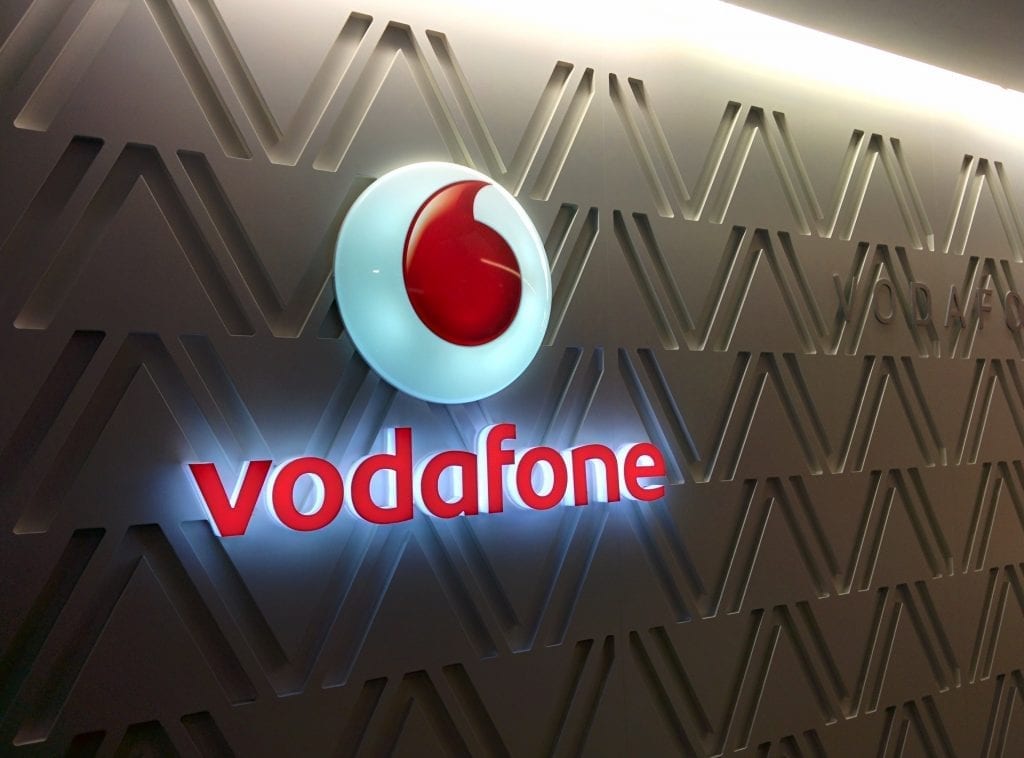
Facebook’s digital currency initiative Libra continues to fall apart as British telco Vodafone becomes the latest partner to bail from the project.
In a statement, Vodafone said: “Vodafone Group has decided to withdraw from the Libra Association. We have said from the outset that Vodafone’s desire is to make a genuine contribution to extending financial inclusion.
“We remain fully committed to that goal and feel that we can make the most contribution by focusing our efforts on M-Pesa. We will continue to monitor the development of the Libra Association and do not rule out the possibility of future cooperation.”
Digital currencies are beginning to gain traction following the success of Bitcoin. The king of cryptocurrencies is quickly becoming a modern store of value but it’s looking unlikely to be adopted by many average consumers for daily purchases.
Part of the reason for the lack of day-to-day use of Bitcoin is its slow transaction times and poor scalability. Advancements, particularly off-chain “layer two” solutions like Lightning Network, are helping to fix these problems but at the cost of decentralization and security.
Behind most digital currencies is a blockchain. The so-called “trilemma” with blockchains is that, in order to achieve scalability, you must sacrifice decentralization or security. Bitcoin is seen as a reliable store of value because it’s secure and its decentralization properties also make it appealing in a world of global uncertainties, censorship, and currency manipulation.
Your average consumer only cares that a transaction is fast and cheap while also adequately secure, especially when dealing with predominantly smaller transactions like buying a coffee. Currencies like Ripple are criticized by cryptocurrency enthusiasts as being “centralized” but they fulfill the needs of your typical person.
Facebook’s Libra intends to be a centralized currency along the lines of Ripple. Taking advantage of Facebook’s massive global userbase, Libra could potentially scale very quickly.
Many partners initially jumped on the Libra project including Visa, PayPal, Mastercard, and eBay. Not long after Facebook released its whitepaper for Libra did it come under intense regulatory scrutiny. All the aforementioned partners decided to leave the project.
Several central banks are looking to issue their own digital currencies for their advantages like fast international payments and lower fees. And, of course, they’ll persuade most people to adopt centralized alternatives to cryptocurrencies.
China looks set to be the first major country to issue its own digital currency. The country already uses mobile payments extensively, with the ability to pay for pretty much everything through apps such as WeChat and Alipay. If China goes ahead with a digital yuan, you can bet the US won’t be far behind with a digital dollar.
On Tuesday, the Bank of England announced it too is exploring central digital currencies alongside the Bank of Canada, Bank of Japan, the European Central Bank, the Sveriges Riksbank, and the Swiss National Bank.
While digital currencies are pretty much inevitable, Libra is looking more uncertain by the day.

